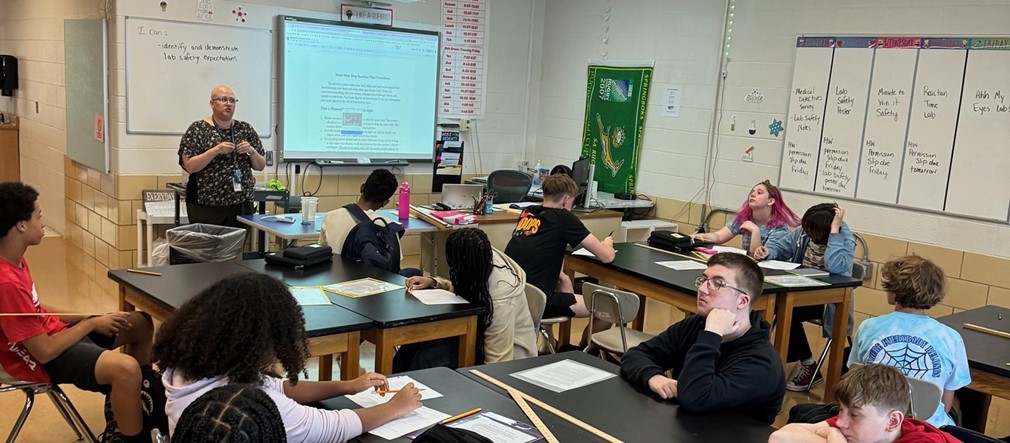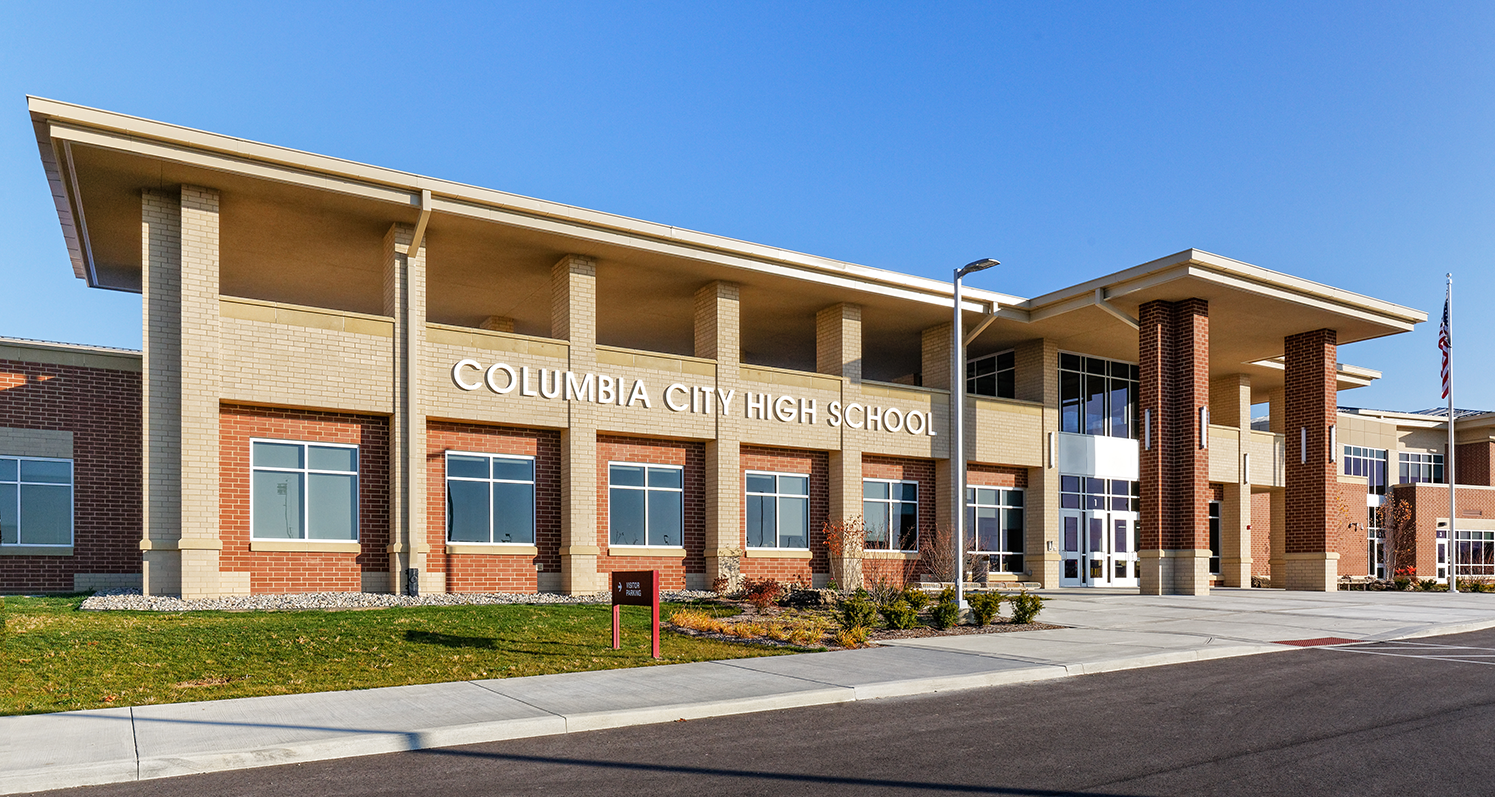Join Us: Occasions and Efforts to Save Temecula Schools
Join Us: Occasions and Efforts to Save Temecula Schools
Blog Article
Comprehending the Significance of Institutions in Youngster Growth and Community Development
Schools offer as critical institutions for youngster advancement and neighborhood development, providing settings where academic success are complemented by the growing of social abilities and exposure to varied point of views. These educational setups not just promote important reasoning and effective interaction but also foster empathy with collaborative jobs. Schools' involvement with local communities with service-learning campaigns enhances the bond between households and academic institutions. This symbiotic relationship underscores the importance of schools in nurturing active citizenship and lifelong knowing routines. What are the certain mechanisms by which these organizations accomplish such extensive effects?
Academic Achievement
Academic success acts as a foundation of youngster growth, supplying the structure whereupon future discovering and success are built. Institutions play a critical role in cultivating this scholastic growth, offering organized environments where children can acquire important knowledge and cognitive abilities. Standard educational program make sure that trainees gain proficiency in core topics such as mathematics, scientific research, and language arts, which are crucial for both college and specialist opportunities.
In addition to presenting essential academic skills, schools also cultivate vital thinking, problem-solving capabilities, and intellectual curiosity. These cognitive expertises are vital for navigating complex real-world circumstances and adapting to the ever-evolving demands of the modern-day office. Educators, as facilitators of discovering, use varied instructional strategies to satisfy different discovering designs, thus making best use of specific pupil potential.
In addition, academic success is very closely linked to self-confidence and inspiration. Kids that experience academic accomplishments are extra likely to establish a favorable self-concept and a lifelong interest for understanding. Institutions additionally supply numerous sources, such as collections and technology, which even more improve the instructional experience and prepare pupils for a highly advanced society.
Social Skill Development
Beyond scholastic success, the function of institutions in social ability advancement is important. Schools act as a main place for kids to discover and practice necessary social skills such as communication, collaboration, and dispute resolution. In the structured setting of a class, pupils communicate with peers, teachers, and various other college team, providing various opportunities to develop these vital capabilities.
Effective social ability growth in institutions is helped with through team activities, collective projects, and extracurricular programs. These communications help students understand social standards, build empathy, and promote a sense of area. Team projects teach students just how to work with each other in the direction of an usual goal, pay attention to different viewpoints, and browse disagreements constructively.

The growing of social abilities during academic year lays a structure for future personal and expert partnerships. Save Temecula Schools. As pupils develop, the capacity to effectively team up and communicate ends up being significantly important, underscoring the school's important duty in holistic youngster development
Exposure to Diversity
Direct exposure to diversity in institutions is essential to cultivating an inclusive way of thinking and broadening pupils' viewpoints. Schools act as a microcosm of the more comprehensive culture, and experiencing varied societies, languages, and socioeconomic histories within this setting furnishes pupils with vital skills for navigating a significantly globalized globe. This exposure encourages empathy, lowers prejudices, and promotes mutual regard amongst peers.
Varied class likewise improve social and cognitive growth. Study shows that trainees who connect with peers from diverse histories display better problem-solving skills and creativity. They learn to value various perspectives, which improves class discussions and fosters an extra vibrant learning experience. This understanding of variety prepares trainees for future work environments that worth multicultural competence.

Area Involvement
The advantages of varied class extend past the school walls, promoting a strong sense of neighborhood involvement amongst pupils. By interacting with peers from numerous cultural, socioeconomic, and ethnic backgrounds, students get a more comprehensive viewpoint and a gratitude for diversity. This direct exposure encourages them to end up being active citizens who want to add favorably to their neighborhoods.
Schools that emphasize neighborhood interaction commonly integrate service-learning jobs, which allow trainees to attend to real-world issues while applying scholastic abilities. These jobs not only improve trainees' understanding of their coursework but also use this link infuse a sense of responsibility and empathy. Moreover, partnerships in between institutions and neighborhood companies offer students with possibilities to join community events, further strengthening their function as proactive area members.
Additionally, parental and neighborhood participation in schools enhances the bond in between instructional organizations and click for more the areas they serve. Via these initiatives, schools play an essential role in supporting area engagement and fostering societal growth.
Lifelong Understanding Habits
Establishing lifelong knowing routines is crucial for a child's constant growth and adaptability in an ever-changing world. Schools play a critical duty in instilling these practices by producing a setting that cultivates interest, crucial thinking, and a love for knowledge. Through extracurricular tasks and diverse curricula, educators encourage pupils to explore numerous topics, assess information seriously, and use their discovering to real-world situations.

Furthermore, schools give a structured setting where youngsters can develop self-control and time management abilities, both of which are important for continuous learning. By stressing the value of setting goals, reviewing progress, and adjusting approaches, universities prepare pupils to navigate the complexities of grown-up life, ensuring they remain long-lasting learners and contributors to culture.
Conclusion
In conclusion, schools are important in cultivating youngster development and neighborhood development by giving environments conducive to academic success, social ability development, and direct exposure to diversity. Ultimately, colleges cultivate long-lasting understanding behaviors, furnishing individuals with the essential understanding and skills to contribute positively to culture.
In the organized environment of a class, students engage with peers, teachers, and various other school personnel, offering various possibilities to develop these critical capabilities.
In significance, exposure to variety within schools not only enriches specific students however additionally enhances the social textile of the community as a whole.
The advantages of diverse class expand beyond the college walls, cultivating a strong feeling of neighborhood involvement among trainees.Schools that stress community interaction typically incorporate service-learning tasks, which permit students to address real-world issues while applying scholastic abilities. Collaborations in between colleges and local companies supply trainees with chances to participate in community occasions, better solidifying their duty as aggressive area members.
Report this page